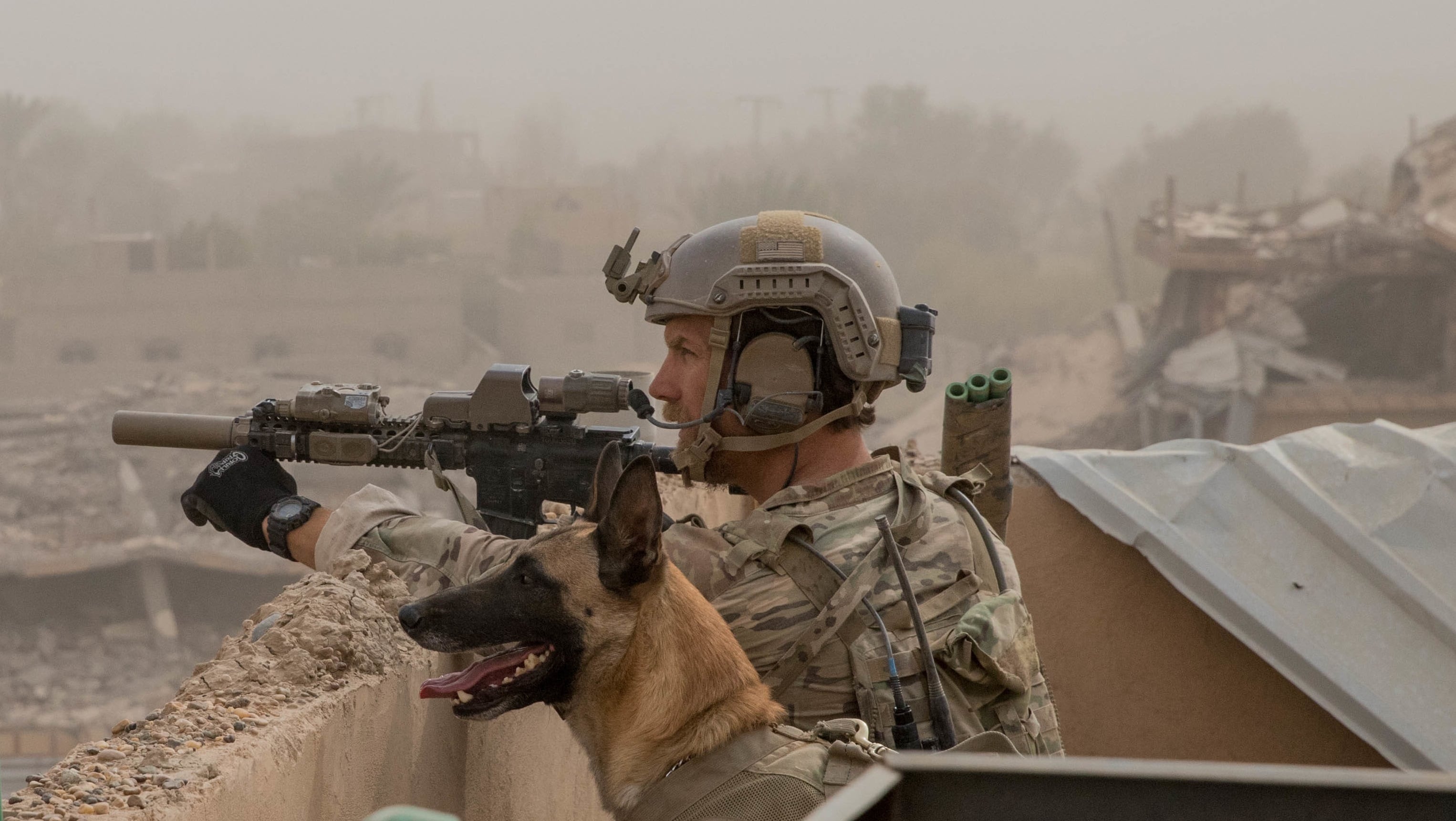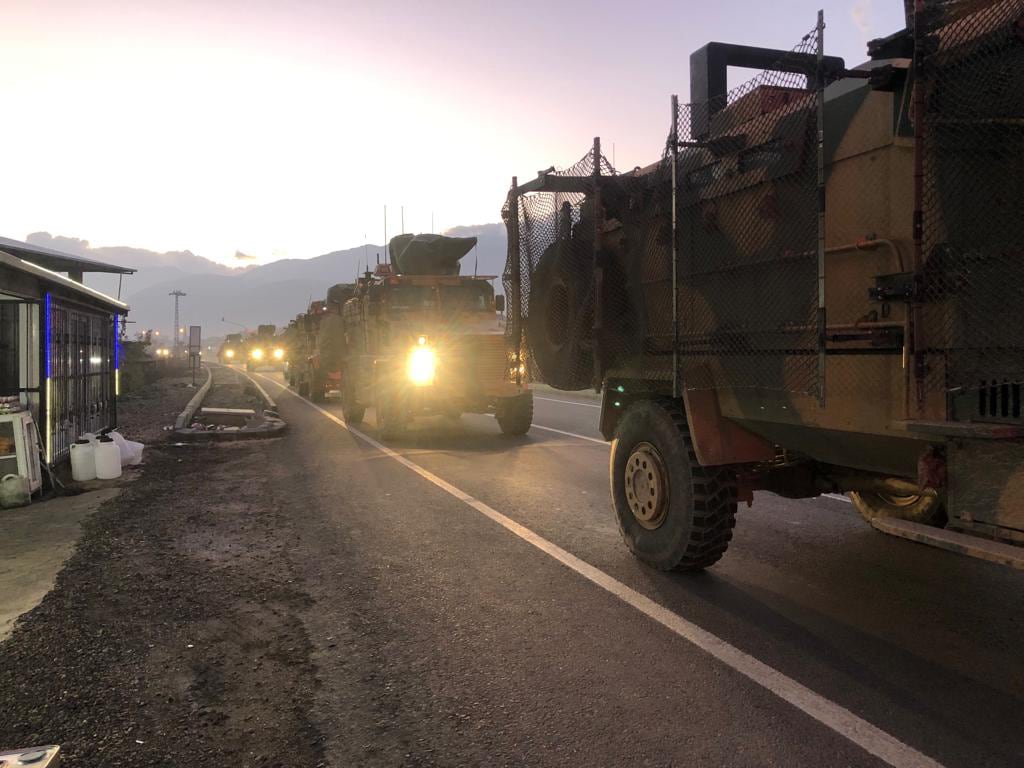ANKARA, Turkey — Turkey’s president heavily criticized the U.S. on Tuesday over delays in establishing a buffer zone in Syria, saying that if Washington won’t contribute to the effort, Ankara will do it alone.
Recep Tayyip Erdogan and President Donald Trump last month discussed setting up a safe zone east of the Euphrates River in Syria. Turkey has demanded Syrian Kurdish militia withdraw from there and Erdogan has been seeking logistical and financial assistance from Washington for that.
Syria's main Kurdish parties have rejected the Turkish proposal for a "safe zone," saying Ankara's control of a 20-mile (32-kilometer) border area would endanger the Kurds.
RELATED

Erdogan, addressing his ruling party's legislators in Parliament, said that if the U.S. "does not keep to its promise to cleanse the region of terrorists and does not contribute to the creation of a safe zone under Turkey's control, then we will take care of our own business."
Erdogan warned that Ankara's patience is waning over delays in the withdrawal of Kurdish fighters from the U.S.-patrolled northern Syrian town of Manbij.
"Our patience is not without its limits. If the terrorists in Manbij are not removed within weeks our waiting time will come to an end," he warned.
"In the same way, if at the east of the Euphrates, the people of the region are not allowed to establish self-rule with Turkey's support, then our waiting time will come to an end," Erdogan said.
"In other words, we will have the right to bring about our own plans. ... No threat can deter us from our path, including (being placed on) a sanction list," he said. Erdogan was apparently referring to the U.S. imposition of sanctions on Turkey last year over the case of American pastor Andrew Brunson, who was released in October from Turkey after nearly two years of confinement.
RELATED

Last month, Trump threatened to “devastate” Turkey’s economy if the country attacks Kurdish forces following a planned withdrawal of U.S. troops from Syria.
Erdogan also said that talks with Trump on these issues were “productive and promising” but added: “We are not getting the same productivity from low level diplomatic and military meetings.”




